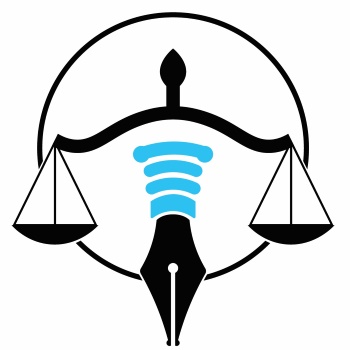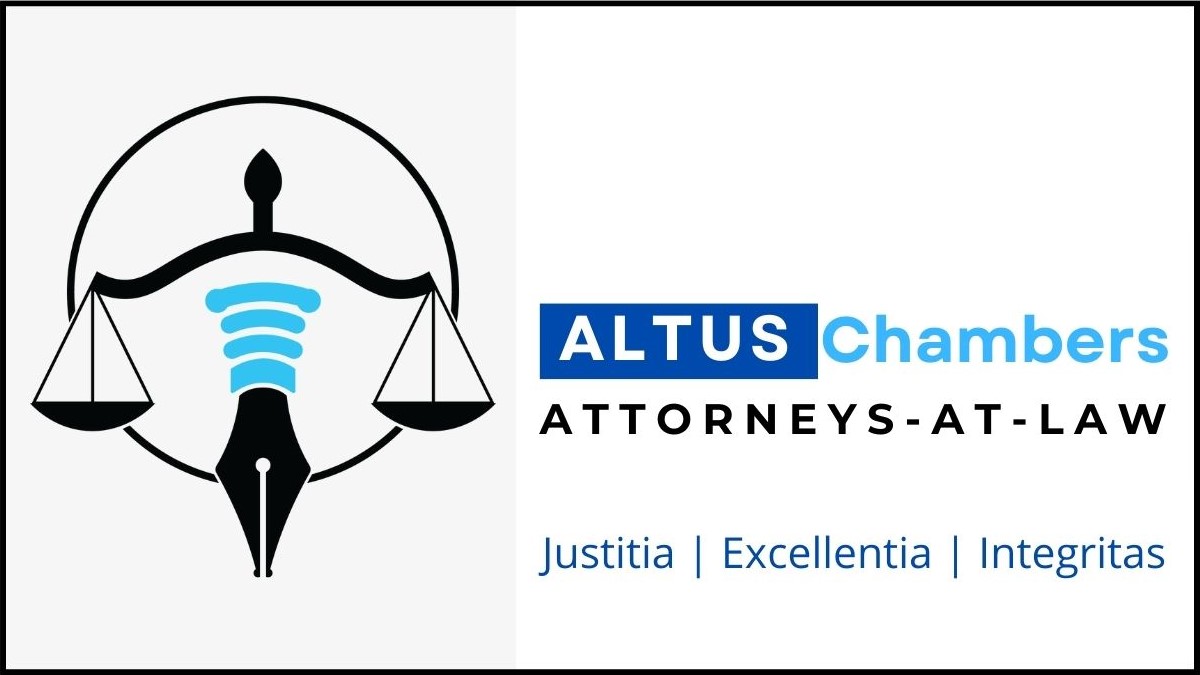What is the Money Laundering Cycle?
Money laundering is a complex and illegal process that involves a series of deliberate actions aimed at concealing the true origins of illicitly gained funds. This activity is typically carried out by criminal organizations and individuals who seek to hide the source of their illegally obtained funds and introduce them into the financial system. The process is often divided into three primary stages that involve intricate transactions and sophisticated techniques. These three stages are commonly known as the money laundering cycle.
1. Placement
The first stage, namely ‘placement’, is an essential component of the money laundering cycle. It involves moving the illicit funds into the financial system while avoiding detection by anti-money laundering (AML) measures. This can be done through various methods. Such methods include using front companies, commingling illegal proceeds with legal funds, foreign exchange purchases, currency smuggling, and deposit structuring. The purpose of these methods is to avoid declaring the source of the funds. Ultimately, the goal of the placement stage is to introduce the illicit funds into the financial system undetected.
2. Layering
Layering, i.e. the second stage of the money laundering cycle, involves the further obfuscation of the source of illicit funds. Primarily, layering may be achieved by passing the funds through multiple complex transactions. This maze of transactions may include the use of shell companies, purchases of stocks and life insurance products, or investments in legitimate businesses. Electronic transfers of funds to other jurisdictions, or other financial institutions, can also be used to layer funds. Predominantly, the purpose of layering is to create a labyrinth of transactions that makes it difficult to trace the origin of the funds.
3. Integration
Finally, in the third stage of ‘integration’, the laundered funds are reintroduced into the economy as legitimate funds. Criminals achieve this process by using the funds in seemingly legitimate transactions. Purchasing real estate, investing in legitimate businesses, or buying luxury goods are a few of the methods perpetrators utilize to integrate illicit funds. Once the funds integrate, they become much more difficult to detect and trace. At this point, criminals can use their ill-gotten gains to further their illegal activities. Consequently, it is imperative that key institutions implement strong AML measures to prevent abuse of the financial system.
Components of a Solid AML Program
Overall, the act of money laundering is a serious global crime that jeopardizes financial systems. Furthermore, money laundering undermines stability and growth of economies. Strong preventive and enforcement AML measures are essential to curb the use of illicit funds and safeguard the integrity of financial systems globally.
A strong AML program should comprise effective internal controls. It should enable an organization to detect suspicious activity throughout all stages of the money laundering cycle. Furthermore, it should be implemented by a competent compliance officer. The program should include regular compliance training for employees. Such compliance training should provide refreshers and updates on changes in the program and money laundering methods. Additionally, routine monitoring and independent auditing should be carried out to determine the effectiveness of the AML program. Ongoing risk assessment is another essential component of an effective AML program. Moreover, a strong AML program should ensure the ability to submit suspicious activity reports to the relevant authorities in a timely manner. Overall, a solid AML program should be built on a comprehensive understanding of regulatory requirements.
Benefits of a Competent AML Partner
A competent compliance partner can help your organization strengthen its existing AML program to combat financial crime risks. In addition, your trusted compliance partner can provide you with in-depth guidance and support. At Altus Chambers, we work closely with Altus Regional Corporate Solutions Ltd to develop customized compliance policies for our clients. Together, we seek to strengthen your compliance program by ensuring that your operations are in line with the latest legal requirements and protocols. Ultimately, our goal is to help clients safeguard their businesses from any potential risk of being used as a conduit for money laundering. Accordingly, we work closely with our clients, providing them with regular updates on emerging trends and developing solutions.








